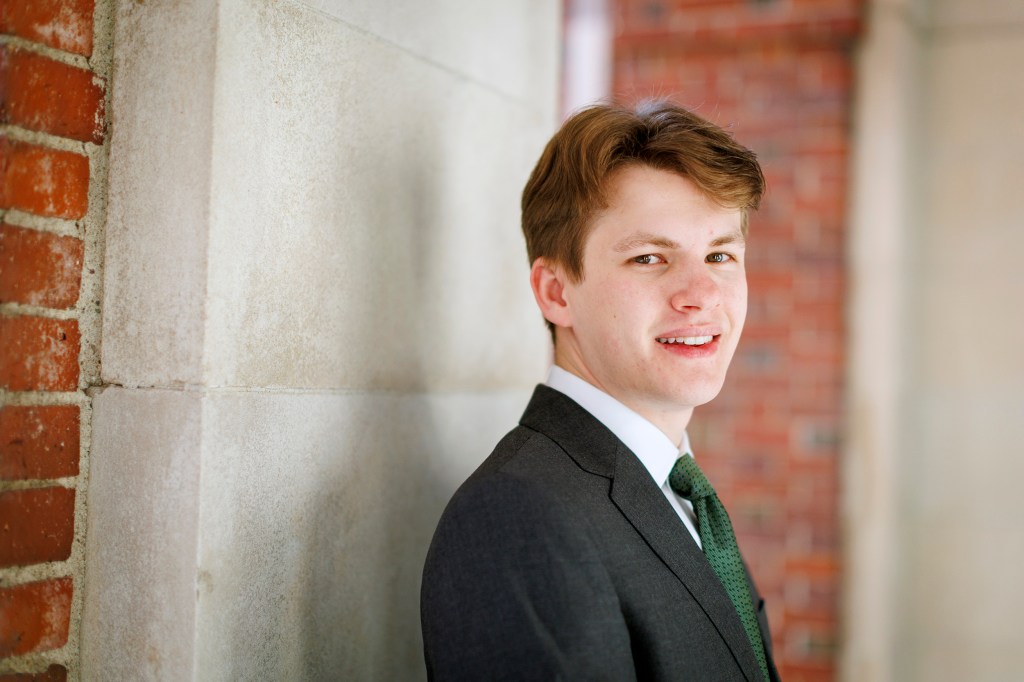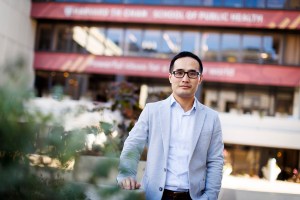
transgender crowd of people seamless pattern. International Transgender Day,31 March. Different people marching on the pride parade. Human rights.transgender person.transgender pride flag. transgender Pride month concept.Online Dating.
text with link.
This is a quiz.
Kindness Quiz (1)
Some text

Name Name
Quo modo autem philosophus loquitur? Tecum optime, deinde etiam cum mediocri amico. Invidiosum nomen est, infame, suspectum.

Name Name
Quo modo autem philosophus loquitur? Tecum optime, deinde etiam cum mediocri amico. Invidiosum nomen est, infame, suspectum.
- list item
- list item
- list item

Name Name
Quo modo autem philosophus loquitur? Tecum optime, deinde etiam cum mediocri amico. Invidiosum nomen est, infame, suspectum.
-
Dean of Students Katherine O’Dair named University Marshal
In her new role she will oversee visits of dignitaries and delegations.
-
Turns out you likely don’t need vitamin D supplements for strong bones
Major study by Harvard professor upends idea large doses are needed by otherwise healthy older adults.
-
Integrity may be good for your health
Study links ‘strong moral character’ traits with reduced risk for depression, anxiety, and cardiovascular disease.
-
Top business execs more polarized than nation as whole
Elisabeth Kempf discusses new research examining partisan shift, notes it may pose risks for shareholders.
-
Think of them as utility players
New study shows that microglia cells “listen in” to neighboring neurons and change to match them.
-
Who Cares? Scotland does — and so does Harvard
Four students from Scotland come to Harvard’s summer Secondary School Program.
-
Can Amazon remake health care?
Health policy expert explains Amazon’s nearly $4 billion investment in One Medical and what the marketplace disruptor can, and cannot, do to change the way consumers get their health care.
-
How America’s ageism hurts, shortens lives of elderly
Becca Levy ‘92, Ph.D. ’95 examines hidden stereotypes of aging, their insidious effects in excerpt from her new book
-
Using designs by Mother Nature, guiding flies, making things glow
Rowland Fellows at the cutting edge of science.
-
To sleep, perchance they dream?
New Harvard study documents REM in spiders.
-
Larry Summers details how Senate plan will reduce inflation
The Gazette spoke with economist and former U.S. Treasury Secretary Lawrence Summers about the Inflation Reduction Act of 2022.
-
Learning can be fun. Just ask these ‘Explorers.’
Harvard Ed Portal program offers skill-building activities for Allston-Brighton students in grades 2-8.
-
Powerful summers in St. Louis
Students with the Commonwealth Project collaborate on community-led justice, cultural initiatives, and research in a region with longstanding economic and racial woes.
-
Taking second look at daily multivitamins
“Most people would be better off just drinking a full glass of water and skipping the vitamin,” says Pieter Cohen, an associate professor of medicine at Harvard Medical School.
-
Finding much to like in Senate climate deal
John Holdren, who served as President Obama’s top adviser on science and technology policy, discusses the climate deal and its potential impact.
-
Harvard gets broad support in admissions case
Support for Harvard’s admissions policy is sent to the Supreme Court.
-
Feeling ‘Clueless’? Here’s why Jane Austen never seems to get old
Harvard scholar highlights qualities that make Jane Austen ever-modern.
-
Neighborhoods as engines for social, economic mobility
Neighborhood groups come to HGSE with children from disadvantaged communities in mind.
-
Facing the challenges of chronic ills
Meghan O’Rourke’s new book examines the challenges face by those with chronic illnesses.
-
Key to income inequality fight? Location, location, location
A new report finds that 80 percent of all young adults at age 26 had moved less than 100 miles from where they grew up, and just 10 percent moved more than 500 miles away. Even the enticement of higher-wage opportunities had little impact.
-
Dreams of land deferred
“Castor and Patience” explores nation’s long history of systematic barriers to Black ownership.
-
The brain that defied Alzheimer’s
The brain of a woman with a family history of early-onset Alzheimer’s disease who lived dementia-free into her 70s is providing researchers with important information about the pathobiology of Alzheimer’s dementia and possible ways to prevent or treat it.
-
Maybe this book will change your life
Harvard scholars share from experience stories and ideas of uncommon wisdom
-
Knowledge isn’t everything
An interview with Emily Ogden ’02 about her new book, “On Not Knowing: How to Love and Other Essays.”
-
Gorge today, sweat tomorrow? That’s not how it works.
Researcher I-Min Lee outlines fresh data showing that you can’t outrun a bad diet.
-
Eating fish linked to skin cancer risk
In a new study researchers determined that people who eat about 2.6 servings of fish per week have a higher risk for the skin cancer melanoma.
-
Can music improve our health and quality of life?
New research shows the use of music interventions — listening to music, singing, and music therapy — can create significant improvements in mental health, and smaller improvements in physical health-related quality of life.
-
The still moment
Gazette photographer Kris Snibbe captures the geometry found in spaces and places on campus.





